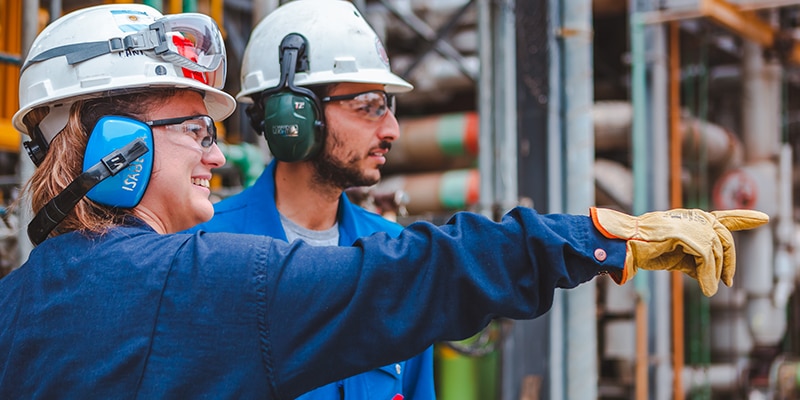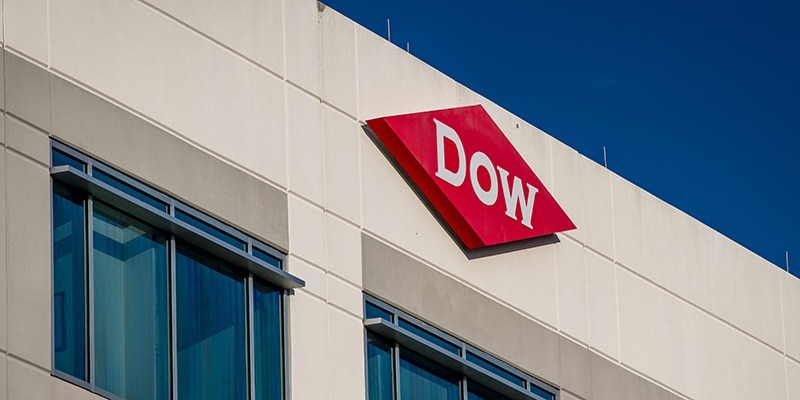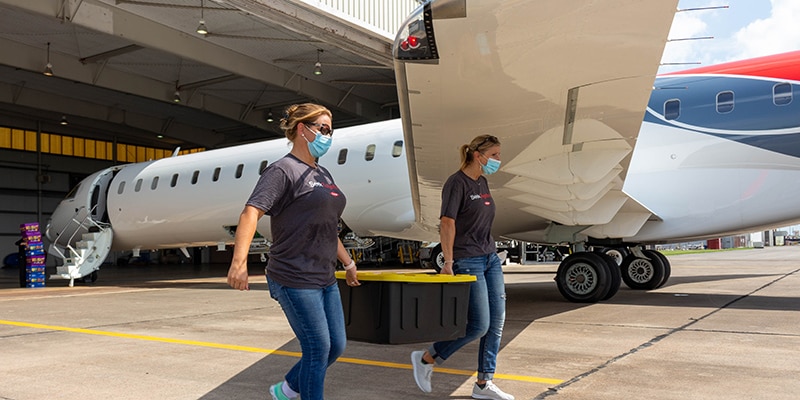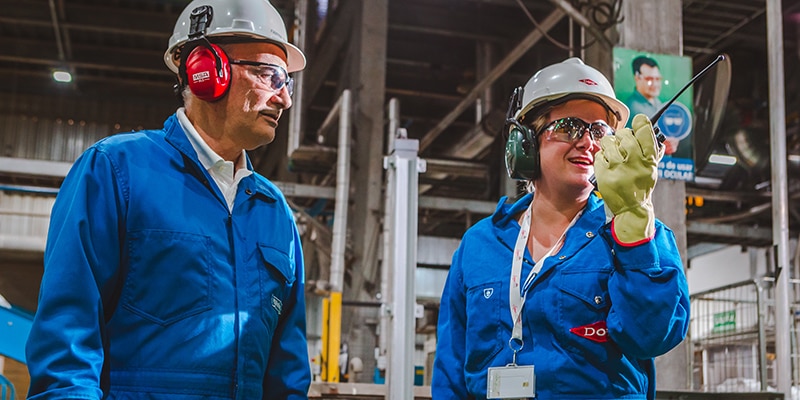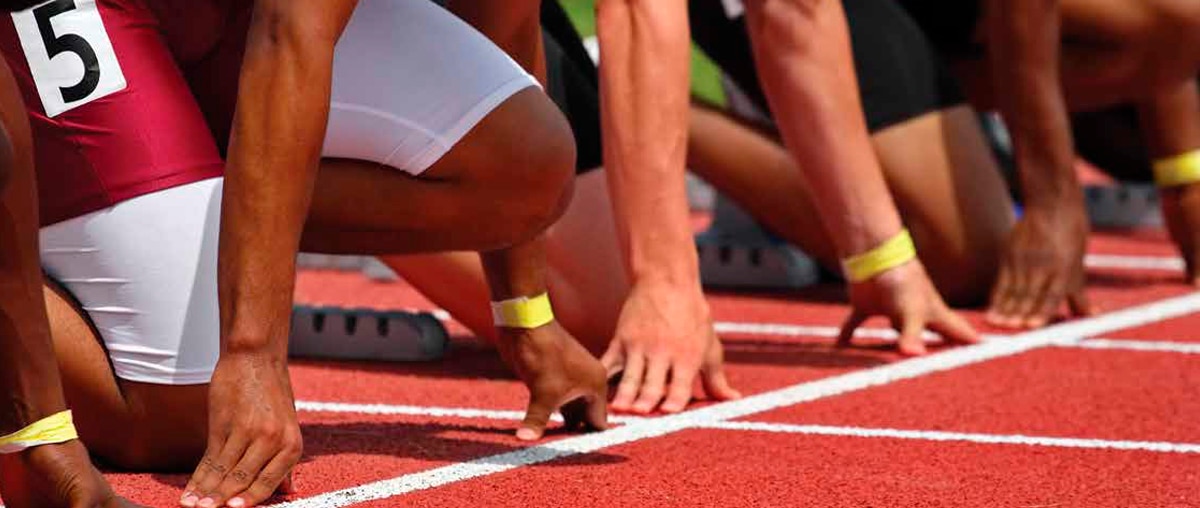
Sustainability Case Study:
Combining the Power of Sport and
Science for a More Sustainable
Future
Together, Dow and the International Olympic Committee are working to demonstrate on a global stage how game-changing collaboration can help advance a low-carbon future.
In 2017, the International Olympic Committee (IOC) named Dow as the Official Carbon Partner of the IOC. Through the partnership, Dow and the IOC are using the platform of sport and the Olympic brand to catalyze action on climate change and help build a blueprint for a more sustainable future.
The Dow-IOC collaboration is another step in a long journey of support by Dow for the Olympics. As the Official Chemistry Company of the Olympic Movement, Dow has partnered with the organizing committees of the Olympic Winter Games Sochi 2014 and Olympic Games Rio 2016 to develop tailor-made carbon mitigation programs that address the technology needs of the regions in which they are implemented.
As the Official Carbon Partner of the IOC, Dow is taking the carbon mitigation program beyond the Olympic Games, beyond the venues and beyond the host cities to engage its customers, partners, stakeholders and other business communities around the world in joining the IOC and Dow to provide a blueprint for a new type of climate collaboration. This collaboration calls on the industry to make different decisions along its value chain and stretches its capabilities and imagination for the benefit of positive action and innovation.
Between 2017 and 2020, Dow will develop and implement a series of impactful carbon mitigation projects in various countries across different sectors of the market. Aided by Dow’s science and technology, these projects will be tailored to country-specific needs and will mitigate greenhouse gas (GHG) emissions in areas such as infrastructure, transportation, packaging and manufacturing, for which Dow has proven solutions. In alignment with the IOC Sustainability Strategy, the projects will balance the IOC’s operational carbon footprint while demonstrating environmental leadership on a global level.
In close collaboration with the IOC, Dow will work with multiple players – businesses, governments, communities and non-governmental organizations (NGOs) – to evaluate technologies and support implementation of economically viable projects that can deliver significant climate benefits and maximize positive impacts within the program time frame. Working within the Dow Climate Solutions Framework, each project will provide GHG reductions and help drive the adoption of low-carbon innovations where implemented. Climate benefits will be monitored through 2026 and verified by third-party experts.
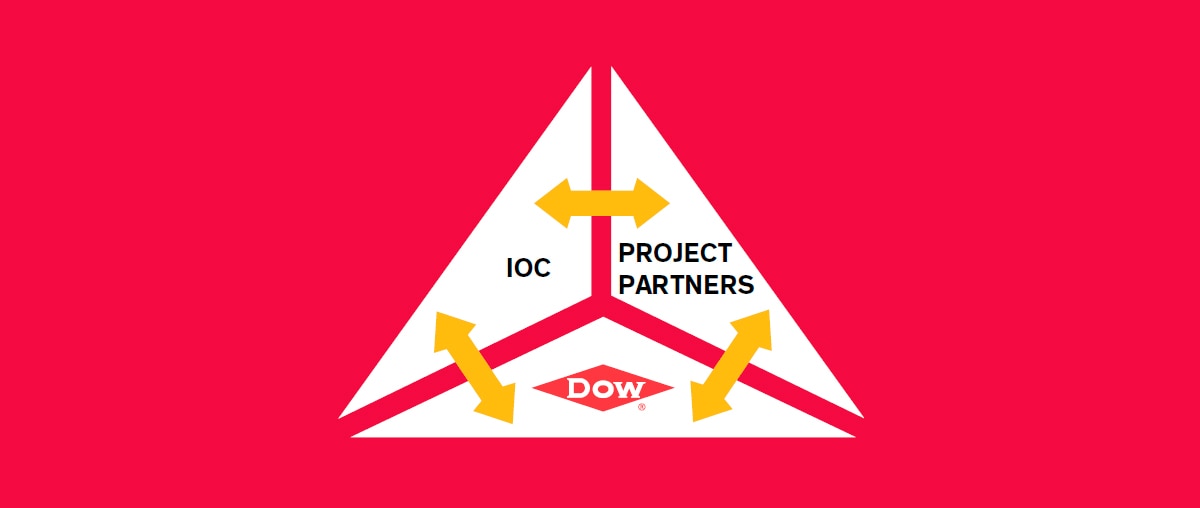
The Dow-IOC Carbon Partnership represents a new type of sustainability collaboration supporting Dow’s “Leading the Blueprint” 2025 Sustainability Goal. Through this innovative partnership, Dow is working with customers and expert partners across the globe to understand local market environments and identify opportunities to increase awareness and adoption of energy-efficient and low-carbon technologies. In addition to leading the program implementation, Dow is also offering life-cycle expertise, technologies, application expertise and market access to support the carbon mitigation program. The goal is to raise awareness and provide education on this important topic, alter existing business operations and create sustainable legacies.
The United Nations (UN) General Assembly recognizes how all sectors of society, including sport and business, play an important role in supporting its 2030 Agenda for Sustainable Development and the 17 Sustainable Development Goals (SDGs). Both Dow’s 2025 Sustainability Goals and the IOC Sustainability Strategy reflect each organization’s commitment to contribute to the 2030 Agenda for Sustainable Development and closely align to a number of SDGs, including partnerships for sustainability (SDG #17) and climate action (SDG #13).
To read more about Dow’s sustainability-related collaborations, see our 2017 Sustainability Report.
Delivering a Lasting Legacy
As the Official Carbon Partner of the Olympic Winter Games Sochi 2014 and the Olympic Games Rio 2016, Dow already has delivered as of June 2018 third-party verified greenhouse gas reductions amounting to 3.64 million tonnes of carbon dioxide equivalent (CO2e).
By 2026, the reductions are projected to exceed 6 million tonnes of CO2e.
Beyond balancing the carbon footprint of the Olympic Games, the program with Rio 2016 evolved to have a much broader impact in terms of ongoing adoption of energy-efficient and low carbon technologies across major sectors of the Brazilian and greater Latin American economies.

